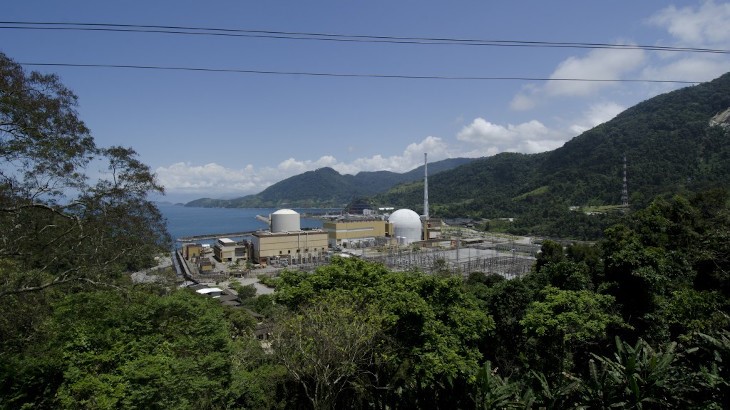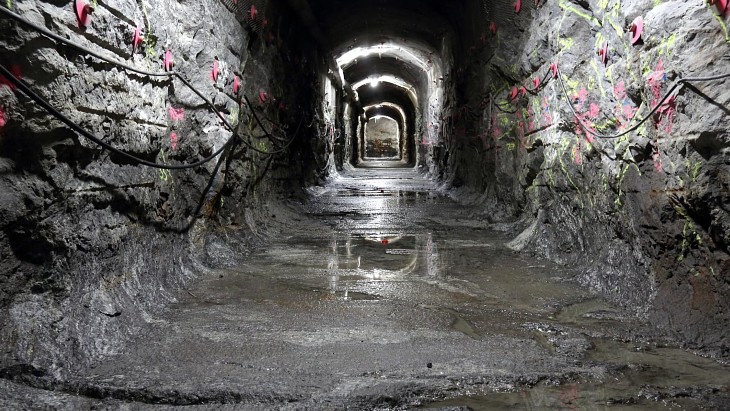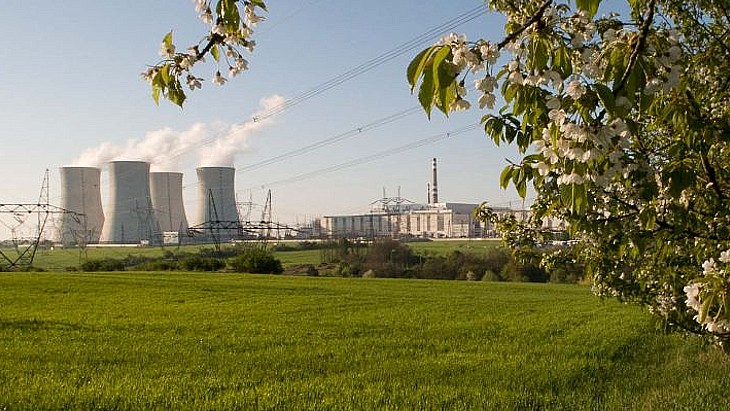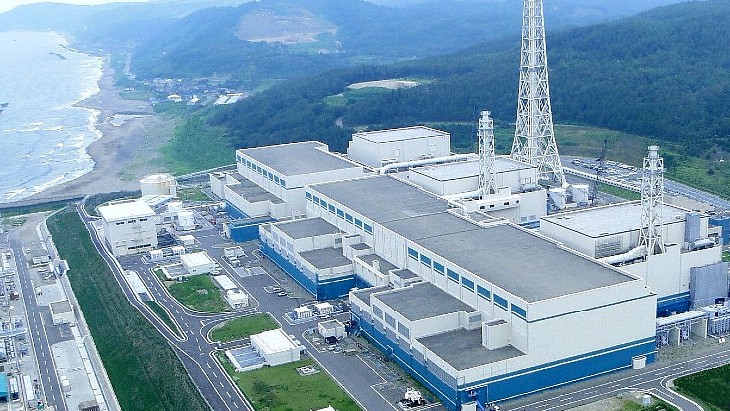Lopes, writing on Facebook, said he was honoured to be leading the parliamentary group because he had always been an "enthusiast for the sector ... our expectation is that the nuclear energy sector will continue to make progress in the next four years, boosting the national economy".
He said the goal was for work on Angra 3 to be completed swiftly and steps taken towards a fourth unit. After a separate meeting on Wednesday with executive leaders at Nuclep, INB, ABDAN and ENBPar, he added: "I can say that the expectations are great and we have great plans for the nuclear sector for the coming years."
Lopes also pointed to the use of nuclear technology in other fields, such as medicines, and food, and said he hoped for the development of SMRs, which were important in terms of creating jobs and in playing a key role in decarbonisation.
Celso Cunha, the president of the Brazilian Association for the Development of Nuclear Activities (ABDAN), said around 350 people gathered at Welcome Energia 2023, which featured panel sessions on current issues with Brazil's electricity system.
According to a report from Petronoticias, Nuclep's President Carlos Seixas gave a presentation on the company's work in a range of fields including nuclear energy, quoting him as saying that: "With the resumption of work on Angra 3, we will have the opportunity to produce new equipment for Eletronuclear. This will generate jobs in the Angra dos Reis area and boost the economy, two very important effects for the country at this time. I think today's event was wonderful, I was really happy with the outcome of the discussions."
Federal Deputy Lopes also gave more detail on the parliamentary group, in an interview with Petronoticias, in which he said its goals included to "promote the development and application of nuclear technology and activities in Brazil, defending the common interests of the companies that are part of the nuclear-based production chains and promote actions to strengthen the business environment and the conditions of systemic, sectoral and regulatory competitiveness in the market internally and at the international level".
Brazil currently has two reactors - Angra 1 and Angra 2 - which generate about 3% of the country’s electricity. Work on the Angra 3 project - to feature a Siemens/KWU 1405 MW pressurised water reactor - began in 1984 but was suspended two years later, before construction began. The scheme was resurrected in 2006, with first concrete in 2010. But, amid a corruption probe into government contracts, construction of the unit was halted for a second time in 2015, at the time it was 65% complete. Since the project’s revitalisation, Eletronuclear’s aim has been to start operations by the end of 2026.
Brazil began a process to identify sites for new nuclear power plants last year. The country has historically relied on hydro for as much as 80% of its electricity but changes in rainfall patterns produced droughts which reduced this to 65% by 2018. Brazil’s National Energy Plan to 2050 says the country aims to add 10 GW of nuclear capacity in the next 30 years.






_53514_33880.jpg)







